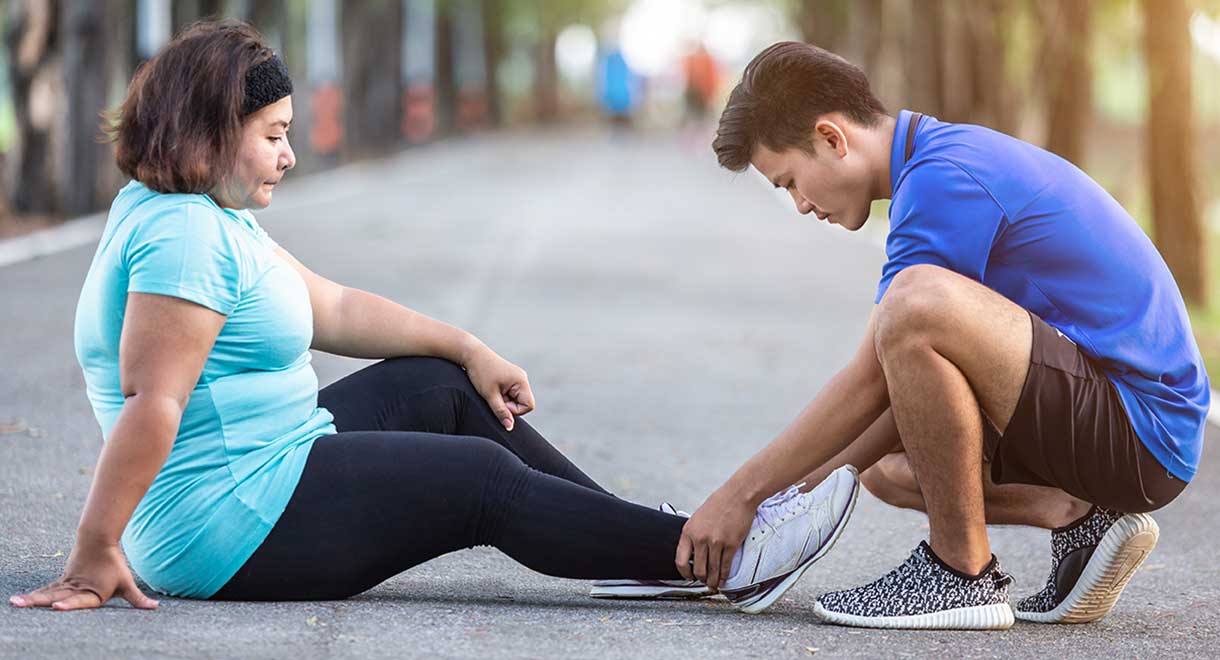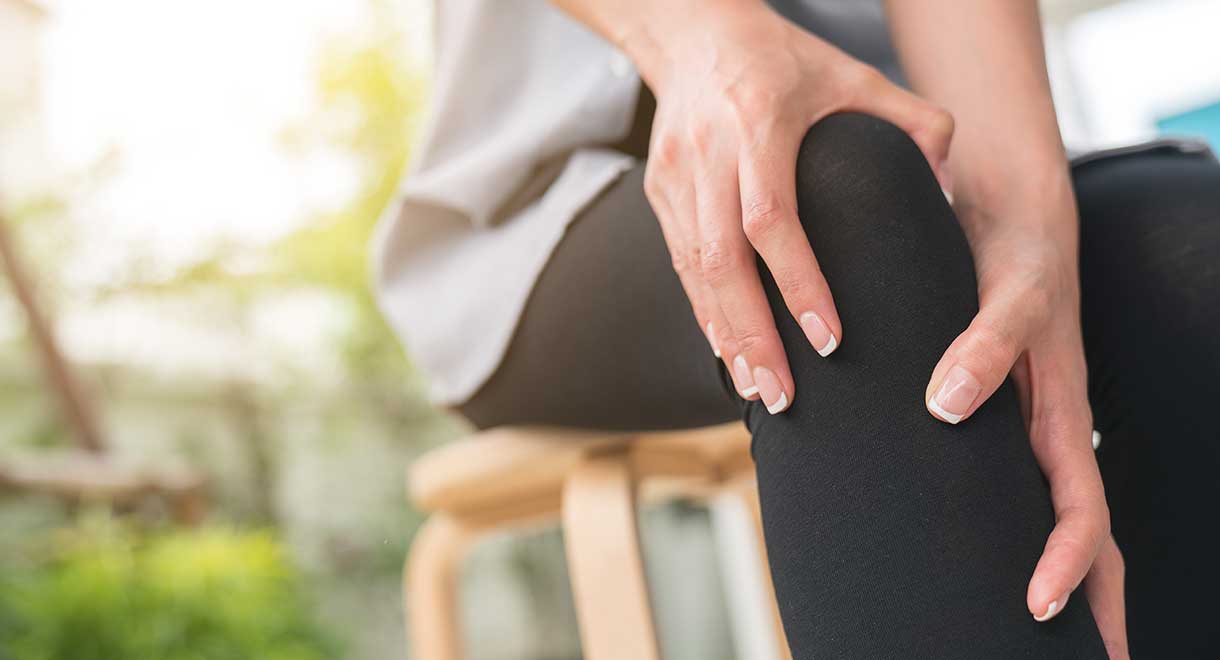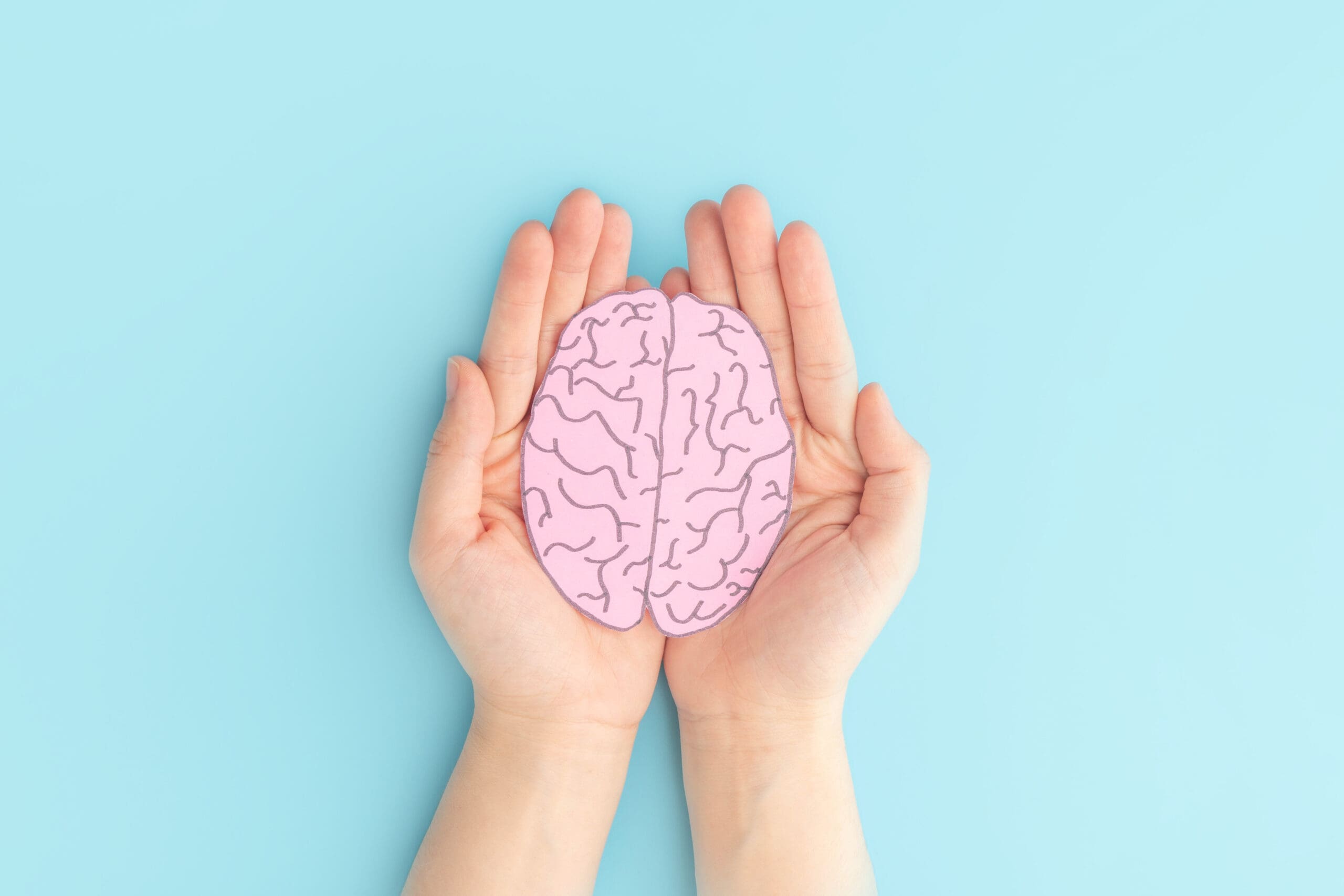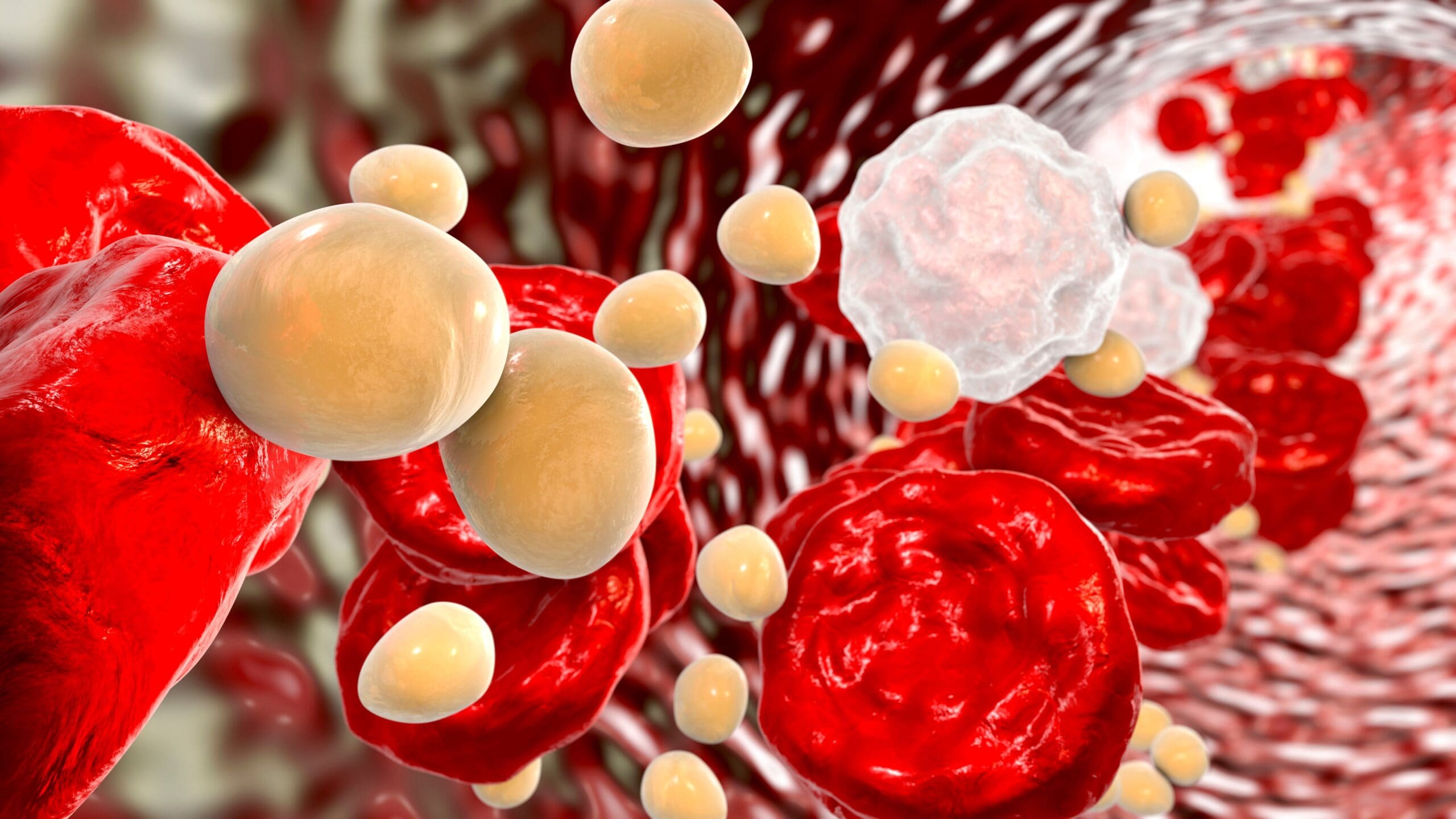Important tips for keeping your cartilage
By naturopath Margaret Jasinska
Keeping your cartilage is something people think more about as they get older. It’s natural to lose cartilage as you age, but if you lose it more rapidly than your body can replace it, or lose it at a relatively young age, you may be left with aching joints and a bad back. Several things can contribute to cartilage loss.
A study published in the journal Radiology has found that obesity contributes to rapid cartilage loss.
Osteoarthritis is the most common form of arthritis. It causes loss of cartilage, inflammation, pain and stiffness in the joints. The most commonly affected joints are the knees, hips and joints of the lower back and neck.
In many cases osteoarthritis progresses slowly; it can take several decades for substantial cartilage loss to occur, and symptoms of pain and stiffness usually occur gradually and may come and go. However, researchers at the Boston University School of Medicine have found that in overweight people, cartilage loss and osteoarthritis can progress rapidly.
A high Body Mass Index (BMI) was the greatest predictor of who would lose cartilage the fastest in a study involving 3,026 people aged 50 to 79 years. Other predictors of rapid cartilage loss were tears and previous injuries to joints, and synovitis (inflammation of the synovial membrane of a joint). Age, gender and ethnicity were not associated with rapid cartilage loss.
For every 1 unit increase in BMI above 26, the risk of cartilage loss increased by 11 percent. An ideal BMI is considered to be between 18.5 and 24.9.
The researchers of this study concluded that “weight loss is probably the most important factor to slow disease progression”.
There is a lot of truth in that statement, but there are plenty of slim people with terrible joints! Inflammation is a huge contributor of cartilage loss. Several different things can contribute to raised inflammation, including autoimmune disease, allergies, chronic infections, gut problems and type 2 diabetes (even in people who aren’t overweight).
Concerned about your cartilage?
If you are concerned about your cartilage, this is what you can do:
- Follow the lower carbohydrate, higher protein eating plan in Dr Cabot’s book called I Can’t Lose Weight, and I Don’t Know Why. Losing weight is usually not easy to do. This book gives in-depth advice about all the possible barriers to weight loss.
- Avoid or minimise foods that promote inflammation; these include dairy products, wheat, excess alcohol, artificial colours and preservatives and any food to which you are allergic or intolerant.
- Consume lots of antioxidants in the form of vegetables, fruit, herbs, spices, green tea, nuts and seeds. Making your own raw vegetable juices is an excellent way to get more antioxidants into your body.
- Oily fish is rich in anti-inflammatory omega 3 fats. Many people do not get enough of the fats EPA and DHA in their diet. Wild seafood, omega 3 eggs, grass-fed meat and game meat are a good source.
- Green lipped mussel and turmeric in Natural Pain Manager capsules may help to reduce joint pain and swelling in mild arthritis.
- You could be reacting negatively to foods normally considered to be healthy. A lot of plants contain substances that can act as irritants in some people; these include salicylates, lectins, saponins, solanine (in nightshade vegetables) and FODMAPs. An elimination diet under the supervision of a naturopath or nutritionist may be helpful for identifying what’s potentially bothering you.

Why does being overweight cause cartilage loss?
One reason is because our joints were never designed to withstand the extra load placed on them by carrying around all those extra kilos. Another possible explanation is the inflammation that occurs in overweight people’s bodies. Fat cells are capable of producing a host of inflammatory chemicals that cause free radical damage and wear and tear to the body. The more fat cells you have and the bigger they are, the more of these chemicals get produced.









Leave A Comment